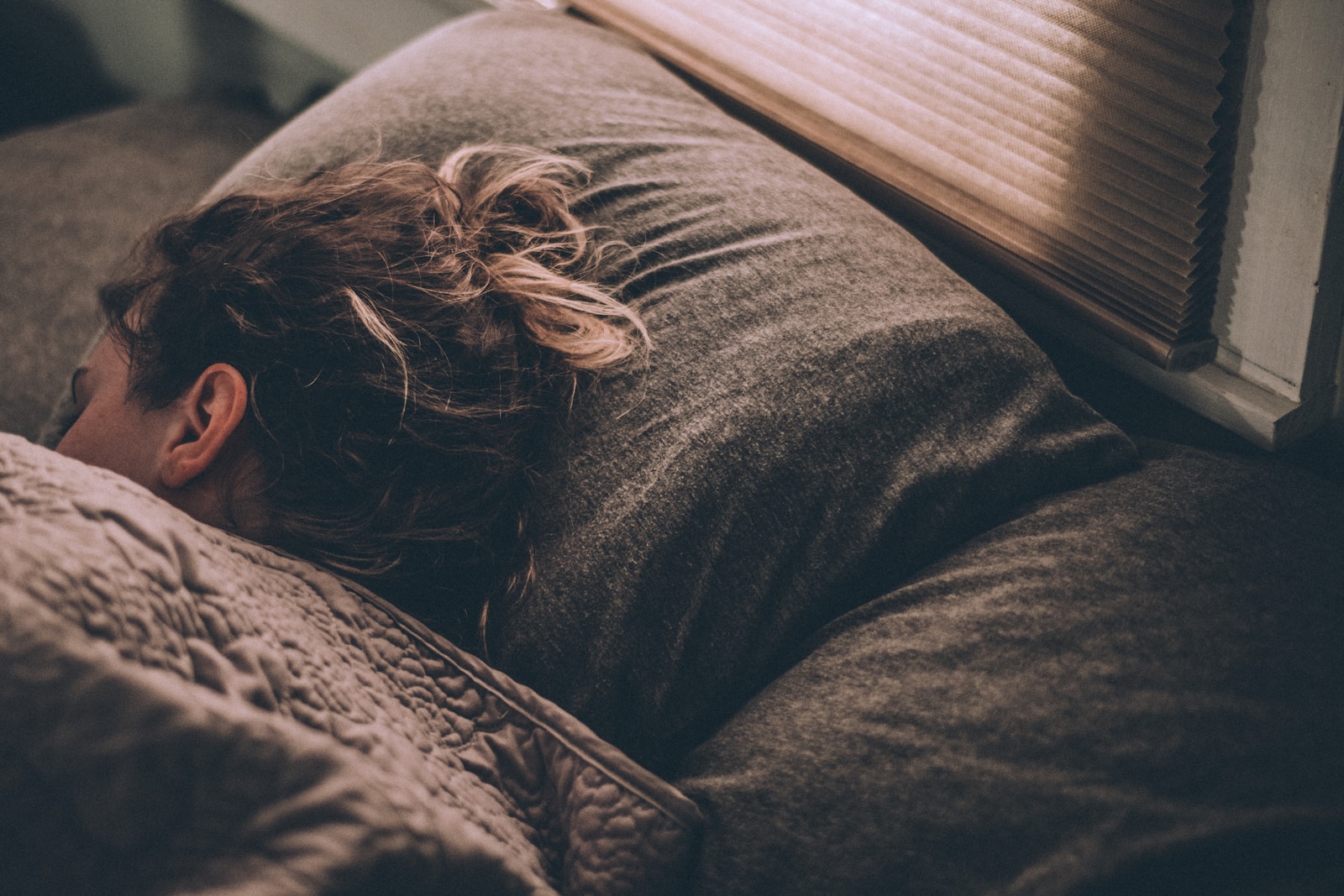The Verdict on Sleeping In: Is Your Snooze Button Your New Best Friend?
Alright, sleep enthusiasts (or should I say, sleep enthusiast-zzZ?), there's a plot twist in our story of "To Sleep or Not to Sleep In?" 🛌💤
You've probably heard that maintaining a consistent sleep schedule is essential to uphold the integrity of your circadian rhythm—the nifty internal system that cues your body when to feel drowsy or charged up. In simpler terms, it's like your body's in-built alarm clock, but without the annoying buzz. Following this logic, the widespread belief has been that you shouldn't deviate from your sleep schedule, especially not in the form of social jet lag. That’s when you binge-watch that addictive show on Friday night and compensate by sleeping till noon on Saturday.
However, the plot thickens. According to a recent publication in the journal Sleep Health from the National Sleep Association, there might be some perks to snoozing a bit extra when circumstances permit. Let's dive in.
A Deep Dive into The World of Sleep Research
To fathom the sleep conundrum, the National Sleep Foundation summoned a council of sleep wizards... err, I mean experts. They embarked on a journey to evaluate existing literature on sleep timing, variability, and their effects on health and performance.
In their quest, they grappled with three sleep riddles:
- Does regular sleep timing matter for health?
- Is it pivotal for performance?
- If you're sleep-deprived, should you engage in some sleep sorcery to regain your powers?
After scrutinizing 63 distinct studies, they shouted "Eureka!" (probably). Their conclusions affirmed all three questions.
It’s not exactly a plot twist to hear that a regular sleep schedule is vital for health, safety, and being the life of the party. But here’s where things get spicy: they asserted that if you’re deprived of sleep during workdays, indulging in some catch-up sleep could be your saving grace.
The Art of Sleeping In: The Do’s and Don’ts
But wait! Before you toss your alarm clock out of the window, there's a catch. This doesn't grant you the license to be a night owl on weekends and morph into a sleepy sloth till late noon. The experts suggest keeping your catch-up sleep limited to a modest 1-2 hours extra, or occasionally embracing the power nap.
The researchers eloquently noted, "While some medics and scholars advocate for unwavering bedtimes and wake times, this panel believes sleep deficiency should be reduced by stretching sleep on non-work days for up to 1-2 hours, or sneaking in some nap-time."
That said, while catch-up sleep might be your weekend warrior, consistency remains your week-long shield. Catch-up sleep is like a pinch hitter: only bring it in when the regular team (aka regular sleep) doesn't quite make the mark.
If you struggle with this sleep juggling act, maybe try a trusted, research-backed sleep supplement. Here are some of our top recommendations, in case your pillow isn’t whispering them to you already.
Final Zzz-oughts
Whether your work hours seem like they were designed by a caffeinated monkey, you're on 24/7 parental duty, or just sometimes battle to drift into dreamland, life isn’t always generous with that golden 8-hour sleep. While we ought to stick to our sleep rituals, when the going gets tough, according to the National Sleep Foundation, you can hit that snooze and roll over without guilt. Just maybe not too many times. 😉
Sweet dreams and remember, language may evolve, but the need for sleep is eternal!






